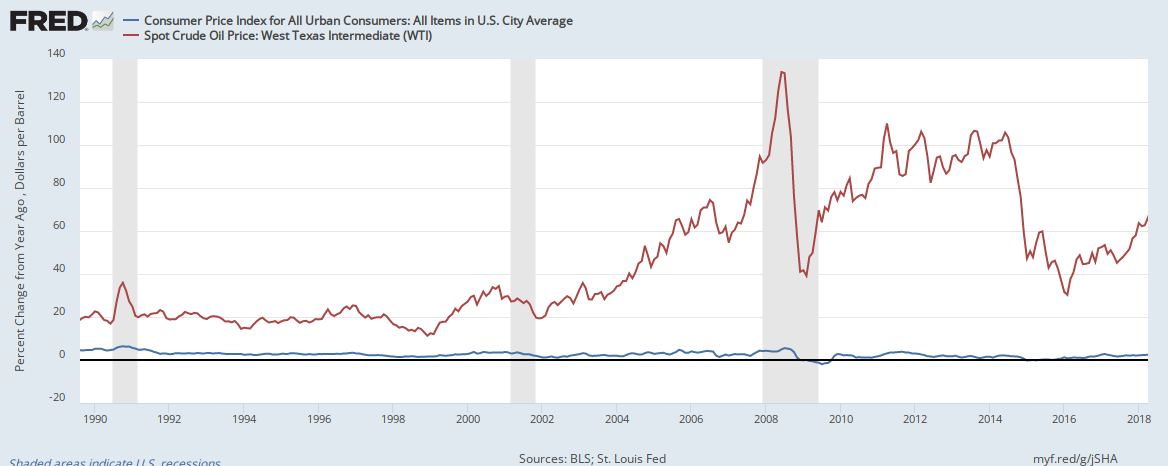ToddsterPatriot, I understand. You're taking the historical peak purchasing power of the $1.60 per hour, February 1968 federal minimum wage rate and adjusting it to March 2018 by using the “CPI Inflation calculator”,You didn't advocate boosting the minimum wage 15% a year until it hits $17.50, adjusted for inflation?ToddsterPatriot, I did not advocate the minimum rate should be increased to $17.50 per hour or any finite numbers of dollars per hour; I advocated the minimum be adjusted until it achieves 150% of its February 1, 1968 purchasing power.
I did not advocate a specific date for achieving the minimum's goal-rate; I advocated the minimum be annually increased by an additional 15% until the FMW rate attains 150% of its February 1, 1968 purchasing power. ...You didn't advocate boosting the minimum wage 15% a year until it hits $17.50, adjusted for inflation?No, I did not. Respectfully, Supposn
No, I did not. Respectfully, Supposn
You did, right here.......
Each Thanksgiving day until the FMW rate attains 150% of its February 1, 1968 purchasing power, the rate should be increased by an additional 15%.
https://www.bls.gov/data/inflation_calculator.htm .
[i.e. (Feb 1968) $1.60 = (Mar 2018 $11.68 .
150% of $11.68 = $17.52 now.]
You're not pretending to be an oracle divining upon the anniversary date of minimum rate adjustment, the the federal minimum wage rate will adjusted to be precisely $17.50 U.S. Dollars.
Respectfully, Supposn

